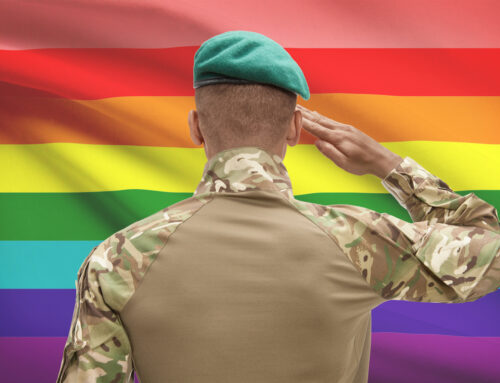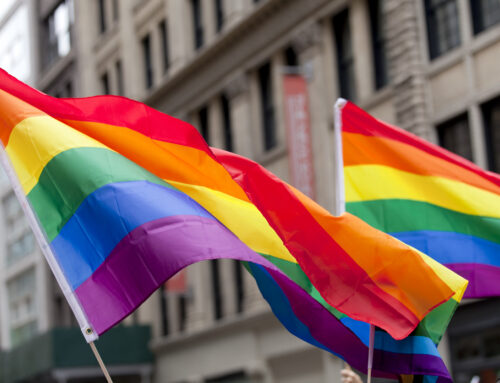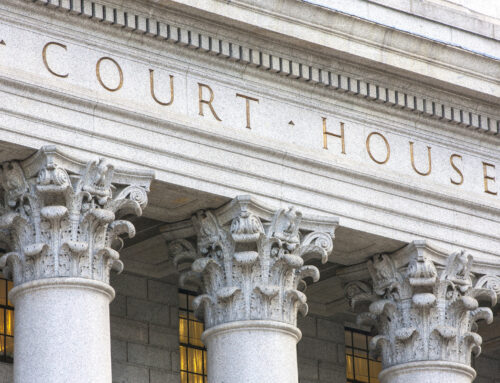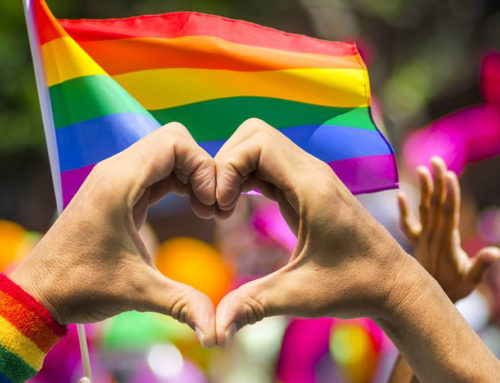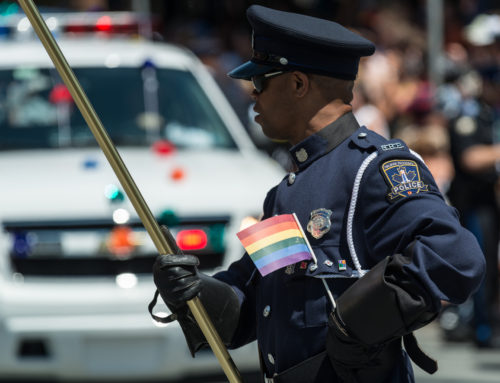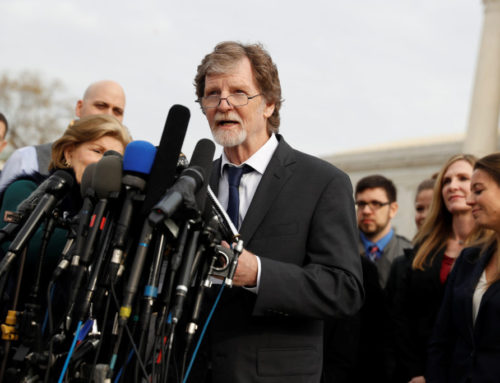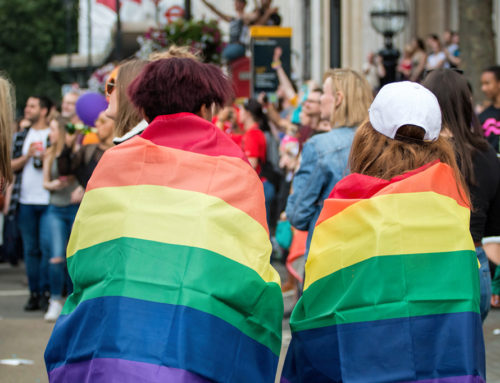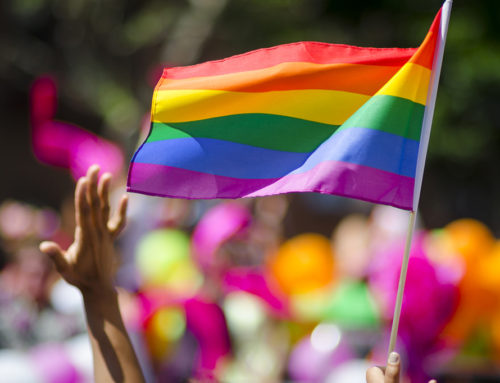Earlier this month, the Trump administration proposed a new rule that would allow employers to make employment decisions based on religion. The Department of Labor (DOL) justifies the rule with “religious freedom.” However, the rule would permit religious organizations that receive federal contracts to discriminate against LGBT employees.
Labor Department Seeks to Clarify Law and Encourage Government Contracting
In proposing the new rule, the DOL wanted to encourage more organizations to apply for government contracts. The Department also wished to clarify the existing law and ease worries about when and how it will be applied.
To that end, the rule broadens the scope of protection for employers and gives more protection for religion-based employment practices.
Proposed DOL Rule Draws on Recent Supreme Court Decisions
Three recent Supreme Court decisions about religious freedom underpinned the DOL’s proposed rule.
In 2014, the Court’s decision in Burwell v. Hobby Lobby Stores allowed private employers to deny coverage for contraception under Obamacare, if it went against their religious convictions. In its 2017 decision in Trinity Lutheran Church of Columbia v. Comer, the Supreme Court found that states denying grants to religious organizations was a violation of the Free Exercise Clause of the First Amendment.
More recently, in 2018, a Christian bakery prevailed in the Supreme Court after refusing to make a wedding cake for a gay couple. In Masterpiece Cake Shop v. Colorado Civil Rights Commission, the Court ruled that the baker’s discrimination against same-sex couples was protected by the Constitution because it was rooted in his religious beliefs.
LGBT law will be in the spotlight again this October when the Supreme Court hears oral arguments on whether anti-LGBT discrimination in the workplace violates the Civil Rights Acts of 1964.
Proposed Rule Would Give Employers a License to Discriminate
The new rule is based on the First Amendment’s protection of religious freedom, but it is likely to be used against LGBT employees. Under the rule, which covers religious organizations that contract with the federal government, employers can make hiring and firing decisions based on sincerely held religious beliefs. Based on the administration’s stance, it is clear this means the ability to deny employment to LGBT applicants.
Also, the group of employers protected by the rule is broad. A company or organization need only claim that one aspect of their mission is religious to fall under the scope of the rule. The organization does not need to have religion as its sole purpose.
Perhaps the biggest change is the expansion of the religious exemption to for-profit companies. The proposed rule would protect a company like Hobby Lobby, which claims its business is guided by Christian principles. If the rule goes through, Hobby Lobby could discriminate against LGBT employees with little fear of legal consequences.
LGBT Advocates Speak Out
Not surprisingly, the proposed rule was met with criticism by LGBT advocates. According to Naomi Goldberg, the “proposed rule would permit taxpayer-funded discrimination.” Goldberg works for the Movement Advancement Project, a think tank dedicated to LGBT rights.
Ian Thompson, a lawyer at the ACLU, vowed to fight the rule. He stated, “the Trump administration is shamefully working to license taxpayer-funded discrimination in the name of religion.”
Not Just LGBT Workers Will Be Affected
The LGBT community is not the only group at odds with the proposed rule. Allowing discrimination based on religious beliefs would impact several different categories of employees.
For example, unmarried workers who are pregnant or cohabitate may be treated unfavorably in employment decisions. Of course, workers from underrepresented religions would also see diminished employment opportunities.
A Departure from the Obama Administration
The proposed DOL rule is a departure from the view of President Barack Obama’s administration. In 2014, President Obama issued an executive order banning anti-LGBT discrimination by government contractors. The new rule would appear to curtail that protection.
The proposed rule is a contradiction of President Trump’s 2017 statement that he would preserve Obama’s executive order.
According to Alphonso David of the Human Rights Campaign, “This regulation, which directly contradicts Trump’s earlier promise, is a broad and sweeping effort to implement a license to discriminate against people on the basis of their gender identity and sexual orientation.”
Opportunity for Public Feedback
The public has 30 days from the DOL’s announcement to comment on the proposed rule. This gives a deadline of September 16 to submit a comment before a final rule is issued.
Several advocacy groups expect the rule to face legal challenges once it is finalized.


